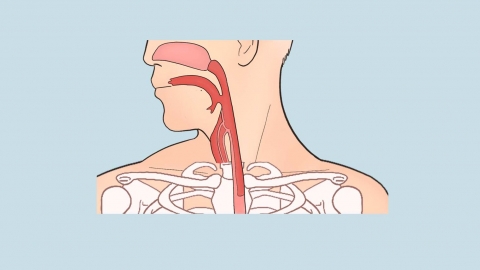Can antibiotics treat a sore throat and ear blockage?
Generally, antibiotics can treat sore throat and ear blockage, but medication should be used under the guidance of a doctor. Detailed analysis is as follows:

Sore throat is usually caused by upper respiratory tract infections, with bacterial infection being one of the common causes. Antibiotic medications have anti-inflammatory and antibacterial effects by inhibiting or killing bacteria, thus reducing throat inflammation and pain. For example, antibiotics such as penicillins, macrolides, and cephalosporins are effective against sore throat and ear blockage caused by bacteria like streptococcus and staphylococcus. These antibiotics achieve bactericidal or bacteriostatic effects through various mechanisms, such as inhibiting bacterial cell wall synthesis or inhibiting bacterial protein synthesis.
When a sore throat affects areas such as the middle ear and the eustachian tube, it may cause a feeling of ear blockage. This may be due to swelling, congestion caused by inflammation, or pus blocking the external ear canal from the middle ear or eustachian tube. At this time, antibiotics can control the further development of inflammation, reduce the production of pus, and thereby alleviate the feeling of ear blockage. Meanwhile, for situations involving significant amounts of pus, in addition to using antibiotics, topical medications such as ear drops may also be needed to control the inflammation.
In daily life, drinking plenty of water helps keep the throat moist, reduces bacterial growth, and avoids irritation from spicy foods, smoking, and alcohol, which may worsen throat inflammation.









